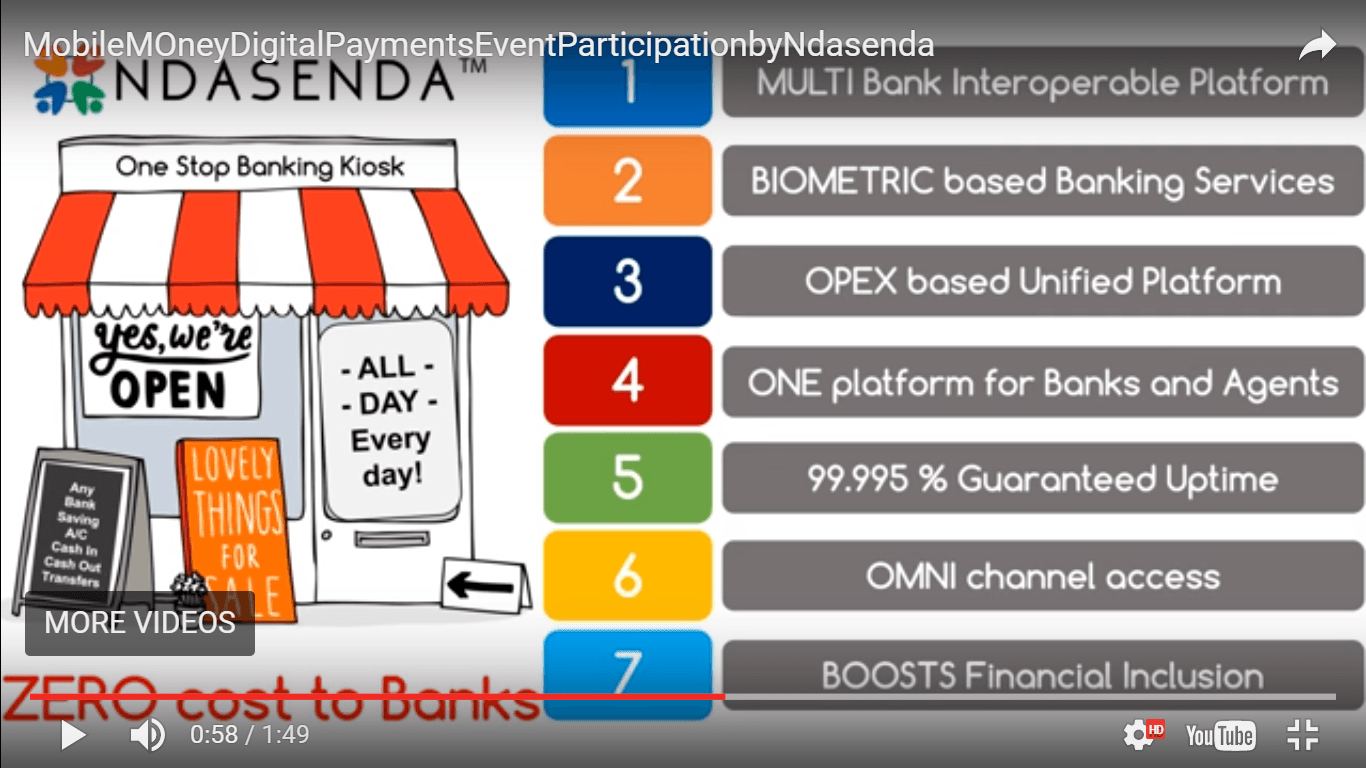Emerging markets are witnessing the rise of two banking forms that cater to its unbanked segment: Agency Banking and Bitcoins. For persons not belonging to the banking and the tech fraternity, these words are nothing but Greek and Latin. Questions like What do they mean? Are they the same? pop up in their minds whenever they come across these terms. To help this fraternity understand these terms better here are the answers to some FAQs.
Agency Banking can be explained as retail or postal outlet contracted by the financial institution or a mobile network operator to process client transactions.
While Bitcoin is a Cryptocurrency and electronic payment system. In other words, it is a decentralized digital currency.

Though both cater to the unbanked segment in the emerging markets yet they are different from other.
The below points differentiate them from each.
| Ownership | Agency is owned by a particular person contracted from a financial institution. | It is an electronic value transfer network owned by no one. |
| Transaction happening | Agent Transactions takes place on centralized ledger on a central server. | Bitcoin transaction takes place on decentralized ledger on a distributed network. |
| Identity Sharing | A Customer and the agents need to share their identity | Identity sharing not required for bitcoin users |
| Transaction Viewing | Third party cannot view customer’s transaction | Third party can view customer transactions on the Bitcoin public ledger |
| System downtime | System downtime is not uncommon | System downtime is rare. Bitcoins are transferred by scanning a QR code. |
| Technology basis | It is the backbone of mobile banking. Agents make use of cellular networks combining SMS and USSD functions. | Distributed network layer on top of the internet is the basis for Bitcoin. |
| Geographical limitation | Agents are available in geographical locations where the financial institution is present. | Bitcoins work globally |
| Currency exchange model | Uses physical exchange model | Uses online exchange models such as online centralized and decentralized exchanges, P2P exchanges |
| Regulated by | The central authority. Agents need to meet certain requirements before they are given the agency | No one. Bitcoin being a digital currency no requirements need to be met for holding them. |
| Currency Valuation | Agents deal in local currency which is inflationary by nature. | Bitcoin is a global currency and is deflationary. |
| Security | Customers and agents are vulnerable to thefts and frauds. | Users are more secured. |
| Agent commission | Agents get a certain %of the transaction value as commission | Users need not pay any commission |
| Transaction limit | Agents have per day per transaction limit.For large amounts, customer needs to visit banks | Large amounts can be transferred. |
| Transactions history | More than 6 months statement is physically provided and is chargeable. | More than 6 months statement can be viewed online.
|
The bank has come to the unbanked in the form of agency banking and bitcoin. They can walk up to the agent or do the transaction from home using bitcoins and not go all the way to the bank. Both enrich the banking experience as they complement each other. Their best benefits are derived when used together. Bitcoins fill the void where agency banking falls short. Such as online transactions and cross- border transactions.
At present, the services provided by both are enough to meet the needs of the unbanked. However newer customer requirements such as :
Would require banks to empower agent bankers with more facilities.
Empowering the agent bankers with solutions that would cater to above customers needs can help agency banking converging into mainstream banking later. Teknospire’s Finx- Agency &Payment Banking suite is a solution that agent bankers can be empowered with.
With this blog answering the FAQS our next blog would throw light on “How Teknospire can help agency banking converge into mainstream banking ?
References:
10 differences between Mpesa and Bitcoin
Bitcoin vs. Electronic Money: Digital But Different
